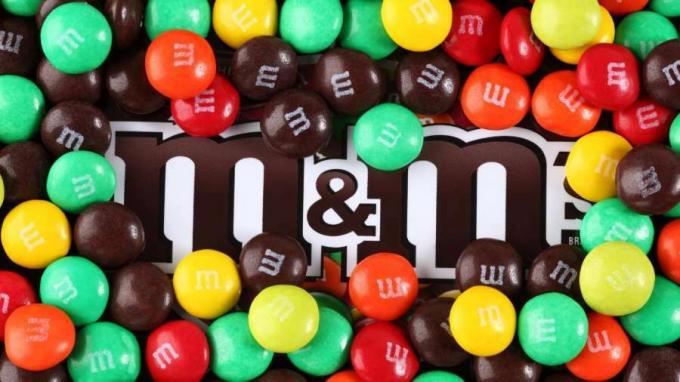
A culinaryof a country directly reflects the habits, customs and traditions of its people. While some delicacies are appreciated around the world, others do not find the same global acceptance.
This causes some common foods such as chewing gum to be banned in some nations. Whether for health reasons, environmental preservation or animal ethics, these restrictions show us the cultural differences between countries, emphasizing the diversity of thoughts around the globe.
see more
These 4 Habits Are Totally Toxic, But You Think They're Normal;…
Infallible: eliminate grease stains from washed clothes with this…
In this context, some of the most striking examples of prohibited foods are:
This delicacy, which comes from Sardinia, Italy, is prohibited in several countries. The reason is that this cheese is infested with insect larvae during the fermentation process, making many people disgusted by the dish.
Also known as Fugu Fish, it is a delicate and poisonous delicacy, being banned in Japan.
The toxins found in fish viscera make its consumption extremely dangerous if not prepared properly. Therefore, the European Union also vetoed its commercialization.
Controversy surrounding the force-feeding of geese and ducks to produce Foie Gras has led to its banning in several nations such as Australia, Argentina, UK, Denmark and Germany. It is a pâté made with the liver of these animals.
Surprisingly, even some common foods are on the banned list. In Sweden, certain varieties of Chocolates M&M's were banned to protect the local confectionery industry.

(Image: playback / internet)
Singapore has an unusual ban: the sale and consumption of all types of gumare banned in the country. The reason behind this is the concern for hygiene and the environmental impact caused by improper disposal of this type of “food”.
Another interesting case is the ban on the sale of shark fins in several countries. This measure was taken to combat the cruel practice of “finning”, in which the fins are cut and the rest of the shark is discarded, which threatens the survival of these animals while species.
The migratory bird Ortolan is considered a delicacy in France, but its consumption is prohibited due to concerns about the conservation of the species, which faces extinction risks.
This alcoholic drink, known for its high alcohol content, has the substance thujone in its composition, which can be toxic in high doses. This causes it to face restrictions or bans in countries such as New Zealand, Australia and the United States.
So, have you tried any of these prohibited items?


